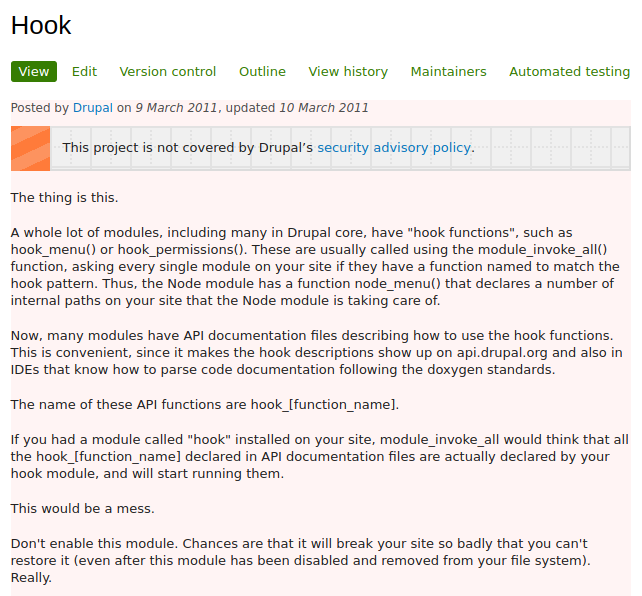Hooks are plain PHP functions that follow a specific name schema. As such, the same function name cannot be used from two modules.
Furthermore, Drupal is not able to understand if c_a_b() is the implementation of hook_a_b() done from c.module, or the implementation of hook_b() done from c_a.module.
To answer the question, yes, there would be conflicts and (in the case both the modules are installed) PHP errors.
Use something other than a single underscore for hook namespacing aims to not use a single underscore to separate the module name from the hook name, for example two underscores. Doing so, c__a_b() would be an implementation of hook_a_b() done from c.module, and it would not be confused with c_a__b(), the implementation of hook_b() done from c_a.module.
There is also Module names should not contain an underscore, which would avoid any ambiguity with c_a_b(). As underscores would not be allowed in module machine names, c_a_b() could just be the implementation of hook_a_b() done from c.module. (That feature request is set to closed (won't fix); at the moment, it's not going to be implemented.)
As for two modules invoking the same hook for different purposes and/or with different parameters, that is going to cause conflicts and errors.
The code invoking hooks calls a function basing on its name (<module>_<hook name>) directly passing the arguments to the function. If the arguments don't match the function parameters, PHP will raise an error; if the arguments match the function parameters, there will be other errors, as a hook supposes to be invoked in a specific moment, as described in the hook documentation. Imagine what would happen if a module would invoke hook_user_delete() after a user deleted a node; the modules implementing it would delete the data associated to that account from their database tables, since hook_user_delete() is documented to be invoked before a user account is deleted, not any data associated to the deleted node.
In both the cases, the only solution is naming hooks and modules in a way to avoid conflicts.
As per https://www.drupal.org/project/hook, that URL returns a 403 error because there is an unpublished project. (I can visit the project page because I have more permissions than what other people normally have on drupal.org.)

The project has been created to avoid somebody would name a project Hook.

